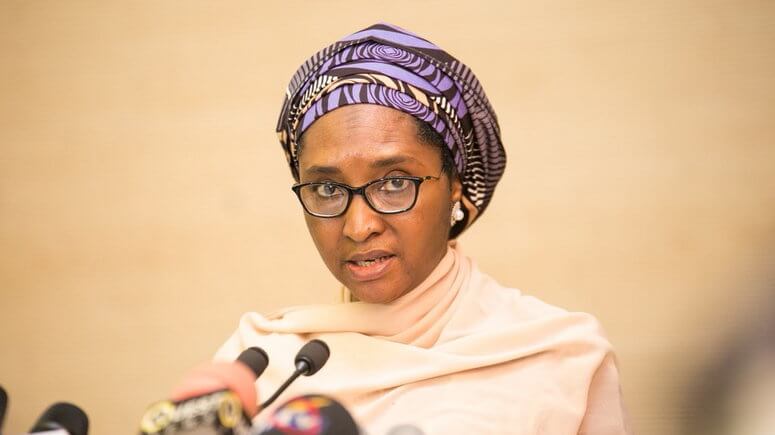Between January and May this year, the Federal Government recorded a revenue shortfall of N1.14trn, analysis of figures obtained from the Ministry of Finance, Budget and National Planning has shown.
The figures showed that the Federal Government generated the sum of N1.48trn during the five months period.
Advertisement
When compared to the prorated revenue of N2.62trn which the goverment had planned to generate within the period, the N1.48trn represents a shortfall of 43.5 per cent.
A breakdown of the revenue performance showed that apart from oil revenue that surpassed its target, the Federal Government could not meet its projected target for other revenue sources.
For instance, the government generated N701.6bn from oil as against N422.4bn, resulting into a surplus of N279.2bn.
In terms of NLNG dividend, the shortfall was put at N33.49bn while Companies Income Tax, Value Added Tax and Customs Revenue had shortfalls of N129.12bn, N50.29bn and N38.52bn respectively.
Advertisement
Similarly, there was an underperformance of N19.8bn on federation account levies while independent revenue from agencies of government, special levies, signature bonus and domestic recoveries recorded shortfalls of N308.47bn, N79.45bn, N76.06bn and N98.76bn.
In the same vein, Stamp Duty recorded shortfall of N83.33bn, donor funding N17.79bn and grants N20.83bn.
The Minister of Finance Budget and National Planning Mrs Zainab Ahmed had on Friday said key reforms would be implemented with increased vigour to improve
revenue collection and expenditure management.
She said, “We have revised the 2020 FGN budget and will accelerate implementation to maintain budget process credibility, enhance GDP growth and promote social
inclusion.
“The medium-term outlook for Nigeria suggests that fiscal risks are somewhat elevated, largely due to Covid-19 related disruptions which have exacerbated structural weaknesses in the economy.”
Advertisement
The Finance Minister said Nigeria faces significant medium-term fiscal challenges, especially with respect to its revenue, noting that steps are being taken to shore up revenue
She added, “Weaker-than-expected economic performance threatens the ambitious revenue growth targets, as seen in the 2020 revised budget and the updated medium-term projections.
“Achieving fiscal sustainability and macro-fiscal objectives of government will require bold, decisive and urgent action. Government is determined to act as may be required.”
Speaking on the budget performance, a Professor of Capital Market Studies at the Nasarawa State University, Uche Uwaleke said there is a need to shore up revenue to be able to effectively implement the budget.
He said since government is not generating adequate revenue, there is need to reduce expenditure that are not of priority.
He said, “It is disturbing that total capital allocation of about N2.3trn is less than allocation to debt service of nearly N3trn. This underscores the need to find a lasting solution to the huge debt burden currently facing the country.
Advertisement
“I also think the recurrent expenditure can be reduced especially that of the Ministry of Defense at over N700bn. Another area requiring searchlight is the over N1trn service-wide votes with items like contingency of N15bn, the same amount provided for in 2019 budget.
“There is also a provision for ‘International Sporting competition’ of N5bn when it is obvious that many of such competitions won’t be holding this year due to COVID’19.”
He said the directive by President Muhammadu Buhari to the Ministry of Finance to ensure that MDAs get at least 50 per cent of their revised capital budget released before the end of this month is highly commendable.
“If that happens, there is the likelihood that unlike previous years, the capital component of the 2020 budget could attain a substantial level of implementation,” he added.



